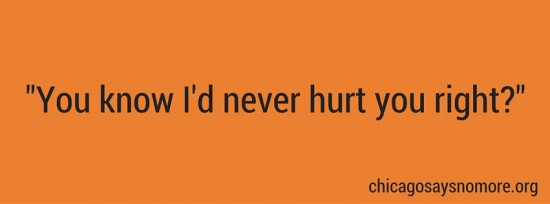Chicago Catholics respond to the challenges of Domestic Violence
By Rev. Charles Dahm, O.P. [caption id="attachment_1959" align="alignleft" width="300"] CBS 2 Chicago’s Dana Kozlov, Rev. Charles Dahm, O.P., and Chicago Says No More Founder Kristie Paskvan at a celebration last Spring of Rev. Dahm’s 80th birthday and fundraiser for Archdiocese of Chicago DVO ministries.[/caption] About 10 years ago, I began preaching about the tragic suffering of women and children who are brutally abused, physically and emotionally, in their own homes. Sadly, the problem continues to grow even as it gains the attention of many volunteer ministers in the parishes throughout the Archdiocese of Chicago. My response to parishioners in families needing help at...


